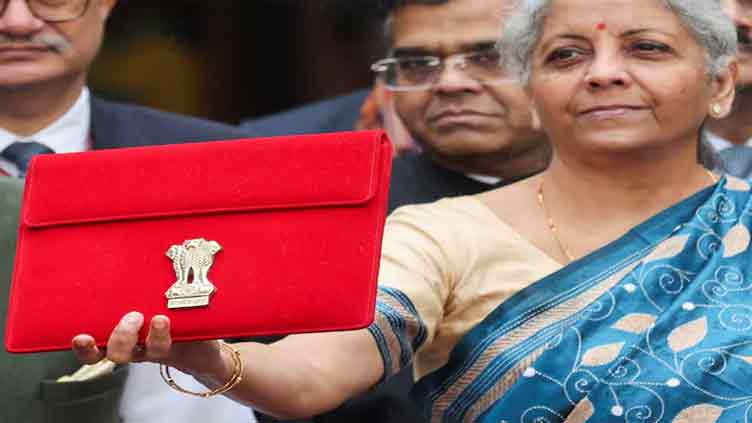Modi govt will stick to India fiscal deficit target despite poll setback

Business
There have been suggestions that New Delhi may increase spending to appease NDA allies
MUMBAI (Reuters) – Indian Prime Minister Narendra Modi's government has no plans to increase its fiscal deficit target despite speculation that more spending might be needed to appease coalition partners, a government official said.
Modi's Bharatiya Janata Party (BJP) failed to win an outright majority in elections that concluded on June 1, though he secured a third term with the support of 14 regional parties.
Rating agencies and analysts have said the government may step up welfare spending as well as support for states represented by partners in the National Democratic Alliance.
Two of the BJP's key allies, the TDP from the southern state of Andhra Pradesh and the JD (U) from the northern state of Bihar, have demanded special financial assistance, according to local media reports.
In February when announcing its interim budget, the government set a fiscal deficit target of 5.1 per cent of GDP, down from a revised 5.6pc the previous year. The final budget will be presented in July.
"There will be no fiscal loosening at least in 2024-25," the official said, declining to be identified as government budget discussions were confidential.
The official added that if Indian states demand immediate financial assistance [government spending], there is enough room within the budget to accommodate those requests.
The Finance Ministry did not immediately reply to a Reuters request for comment.
The interim budget provides for loans of 1 trillion rupees ($12 billion) to states which they can use for capital spending and another 750 billion rupees of loans for states that undertake certain reforms.
Numbers presented in the final budget will be broadly similar to the interim budget, the source added.
On Monday, the government reappointed Nirmala Sitharaman as finance minister, signalling broad continuity in policies.


